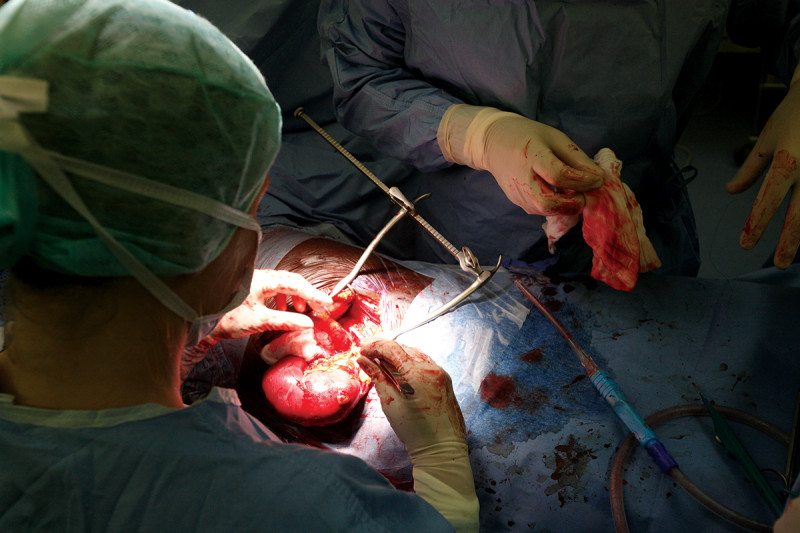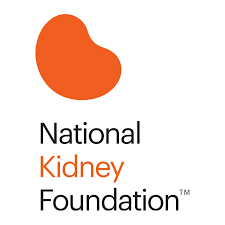Loading
ilot program to provide education and support for kidney patients seeking living donors
DaVita Kidney Care and the National Kidney Foundation (NKF) today announced their collaboration in launching an innovative, yearlong pilot aimed at improving health equity in kidney transplantation with a newly-developed program within NKF’s THE BIG ASK: THE BIG GIVE platform.
“Many people never find a living donor simply because they are afraid to ask,” said Kevin Longino, CEO, National Kidney Foundation and a kidney transplant patient. “NKF’s THE BIG ASK: THE BIG GIVE platform helps patients and families learn how to find a living donor and we are grateful to DaVita for their support in helping to reach patients in underserved areas.”
The pilot will take place in Colorado, New York, Minnesota and New Mexico. DaVita and NKF carefully selected these states because each has a unique opportunity to improve health equity in kidney transplantation. In addition, both organizations have a strong, on-the-ground presence in these states, with operational teams that are well connected to the transplant and health care ecosystem.
Read more here.
Loading








